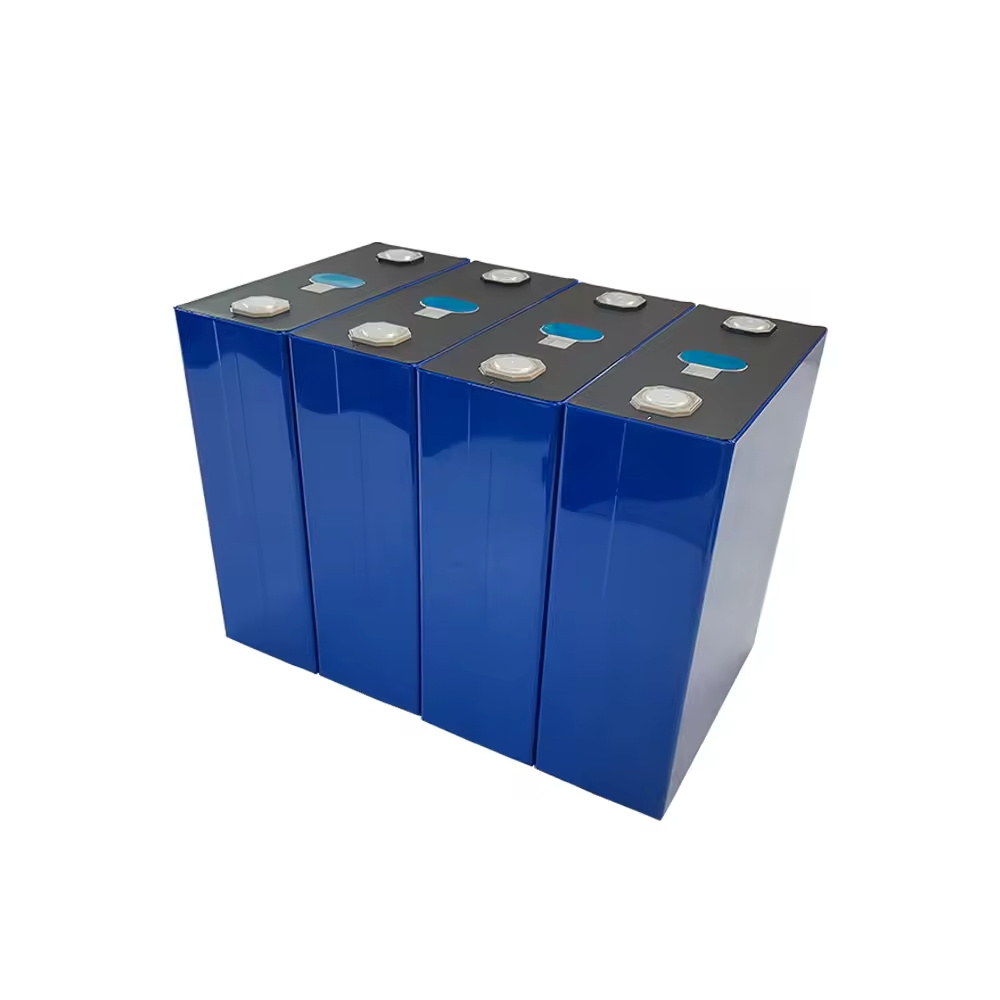
In the world of off-grid living, one of the most essential items is the off-grid battery. Since being off-grid means there’s no connection to the local power grid, ensuring a reliable power source becomes crucial.
An off-grid battery is a type of battery specifically used in scenarios where there is no access to the main power grid. While we often refer to them as "off-grid batteries," they typically include common battery types like lead-acid or LiFePO4 (Lithium Iron Phosphate) batteries. Off-grid batteries are usually deep-cycle batteries, designed to provide a greater usable capacity, which is vital for maintaining power in off-grid situations.
In an off-grid setup, many of the conveniences we take for granted become challenging to maintain. Under normal circumstances, we can easily cook on an induction stove, brew coffee, or stream recipes on YouTube, all thanks to electricity. But in an off-grid environment, your familiar appliances like induction cookers, refrigerators, and coffee machines can’t function without a reliable power source. This is where off-grid batteries come in—they store the electricity you need and release it when required.
Without an off-grid battery, you’d be forced to revert to a more primitive lifestyle or rely on a fuel-powered generator, which is not only noisy but also harmful to the environment. While a generator might work for emergencies, it’s not a practical long-term solution. Off-grid batteries, on the other hand, offer a cleaner, quieter, and more environmentally friendly option, ensuring a peaceful and sustainable off-grid experience.

When it comes to choosing the best off-grid battery, the two most commonly used types are lead-acid batteries (including Gel and AGM batteries) and LiFePO4 batteries. There are also less common options like lead-carbon and LTO batteries, but let's focus on the mainstream choices.
Currently, LiFePO4 batteries stand out as the best option for off-grid use. Here's why:
Cost-effectiveness: While the initial cost of a LiFePO4 battery might be higher, it pays off in the long run. These batteries are designed to last for over a decade, making them a wise investment for long-term off-grid living. Over time, the savings and reliability you gain from a LiFePO4 battery outweigh the upfront expense.
Capacity: LiFePO4 batteries offer a higher energy density compared to lead-acid batteries. They support over 80% Depth of Discharge (DOD), meaning you can use more of the battery's capacity compared to lead-acid batteries, which typically support around 50% DOD. Some LiFePO4 battery packs can even provide up to 9.6 kWh of energy, making them an excellent match for off-grid scenarios.
Safety: Safety is a top priority, especially in off-grid environments where help might not be readily available in case of an emergency. LiFePO4 batteries are known for their safety—they won’t catch fire or explode, even in extreme conditions, making them a reliable choice for off-grid living.
In summary, the LiFePO4 battery is the most cost-effective and reliable choice for long-term off-grid living. While it may not excel in every aspect compared to other battery types, it strikes a great balance, making it suitable for most off-grid situations.
As more people embrace off-grid living, having a reliable off-grid battery becomes increasingly important. With the right battery, you can enjoy the best of both worlds—immersing yourself in nature while still enjoying the convenience of modern appliances. The LiFePO4 battery, with its long life, high capacity, and excellent safety, is the ideal choice to ensure you have the power you need for a perfect off-grid experience.
Next:Narada Power’s Digital Infrastructure Surge: In-Depth Look at the GDS Johor Bahru Phase 1 Project
Previous:The Ultimate Guide to 12V Batteries: Exploring Types, Applications, and Choosing the Best Option